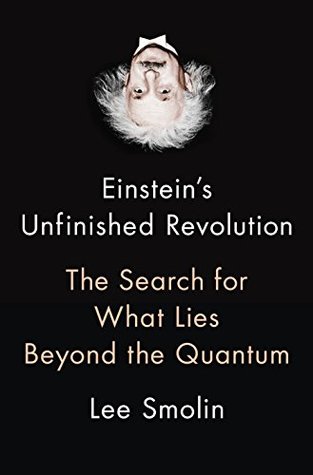Thus, on its own terms, in which it cannot address what is true, but can only offer advice about how best to place bets, Deutsch’s argument implies that it is no more rational for observers inside an Everettian world to believe in Everett than it is for them to believe in Bohr or de Broglie, Bohm or any other interpretation. So, in the best case, even assuming that Everett is right, observers in an Everettian world cannot muster any evidence to believe Everett’s hypotheses over the alternative hypotheses.
Welcome back. Just a moment while we sign you in to your Goodreads account.


